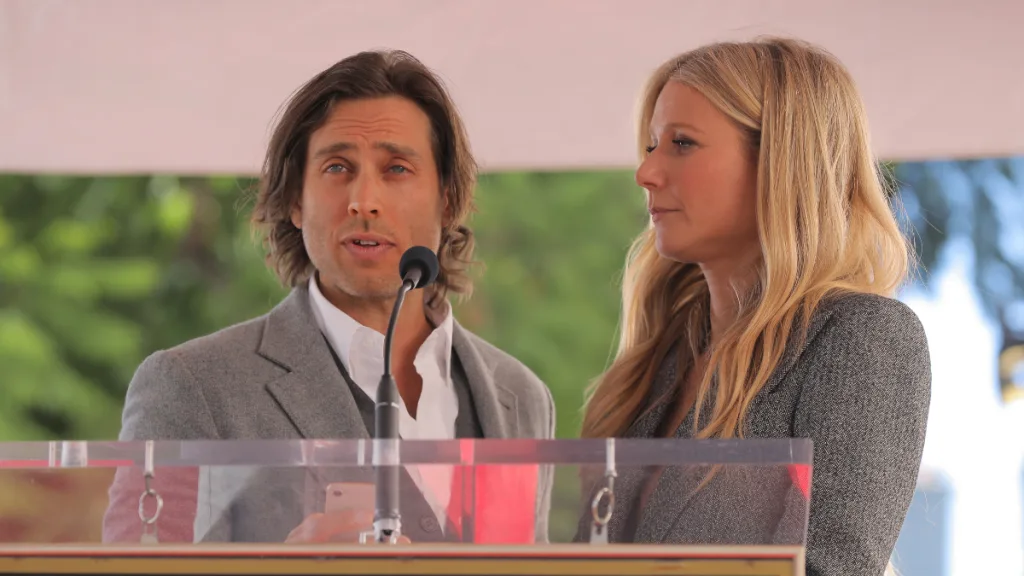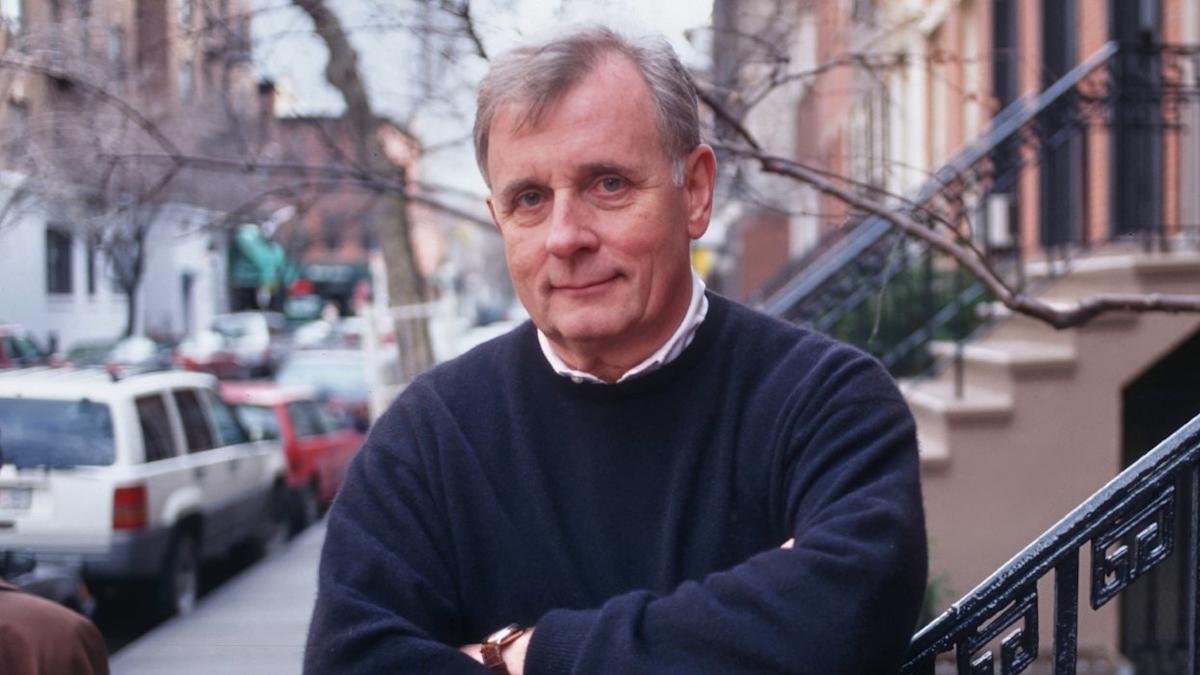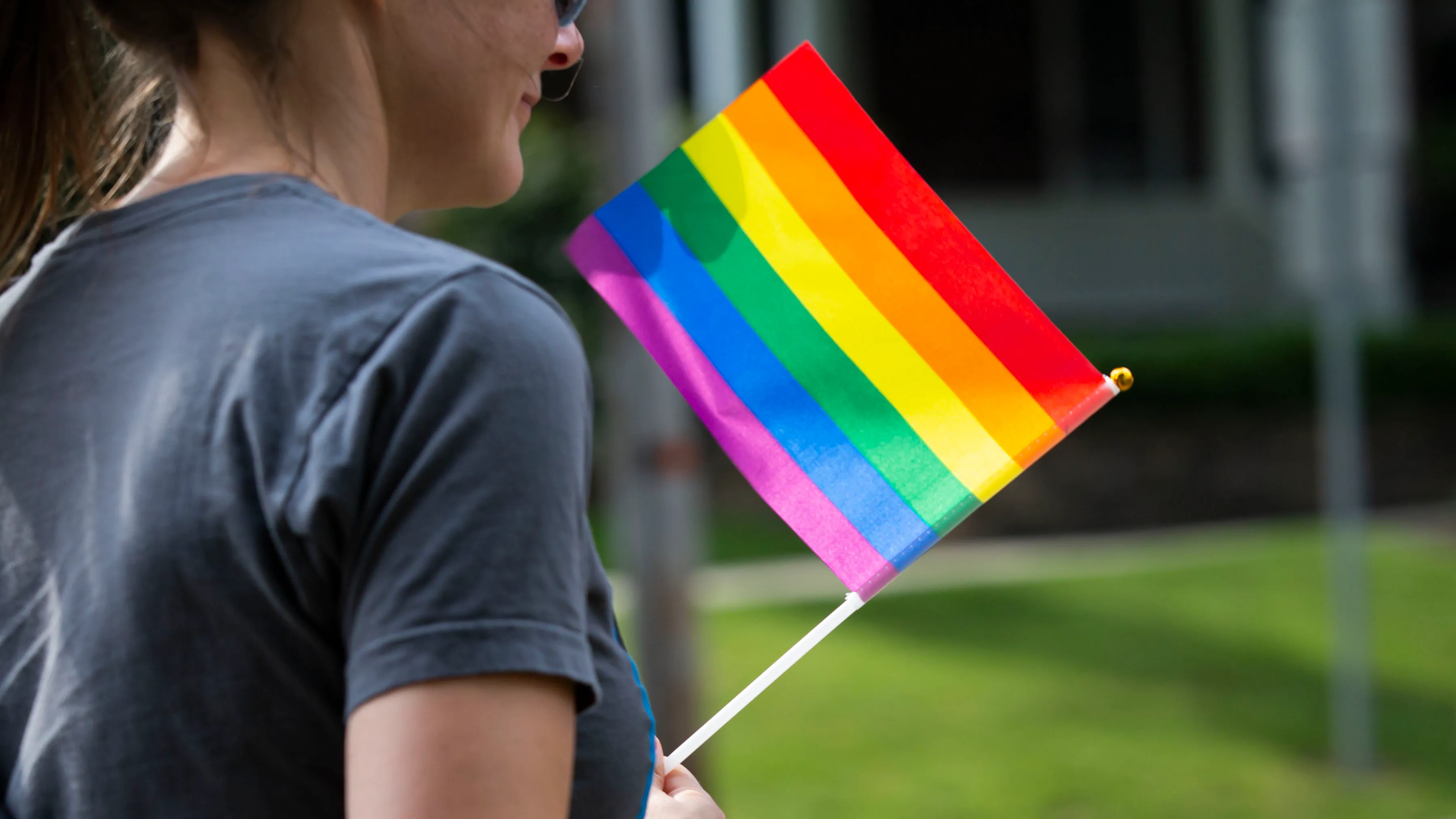In the ever-evolving landscape of Hollywood, where personal lives are as scrutinized as professional achievements, a new biography has ignited a firestorm of curiosity and debate. Amy Odell's forthcoming book, Gwyneth: The Biography, set to be released in August 2025, offers an unprecedented glimpse into the private life of Gwyneth Paltrow, one of Hollywood's most enigmatic figures. Among the most sensational revelations is an intimate detail about Paltrow's relationship with Ben Affleck during the late 1990s, a time when their romance captivated tabloids and fans alike. The biography, based on over 200 interviews, alleges that Paltrow shared with her friend, the late makeup artist Kevyn Aucoin, a specific sexual act she enjoyed with Affleck, sparking widespread discussion. This article delves into the details of their relationship, the cultural context of the era, the implications of such public disclosures, and the broader narrative of Paltrow's life as portrayed in Odell's work, while critically examining the reliability of these claims and their impact on celebrity culture.
A Love Story in the Spotlight: Paltrow and Affleck's Romance
Gwyneth Paltrow and Ben Affleck's relationship began in 1997, a pivotal year for both actors. Paltrow, fresh off her breakup with Brad Pitt, was establishing herself as a leading lady in Hollywood, while Affleck was riding the wave of success from Good Will Hunting, which he co-wrote and starred in alongside Matt Damon. Their paths crossed at a Miramax dinner, and what followed was a three-year, on-and-off romance that became a fixture in the late '90s gossip columns. The couple's chemistry was undeniable, both on and off the screen, as they starred together in two films: Shakespeare in Love (1998), which earned Paltrow an Academy Award, and Bounce (2000), a romantic comedy that coincided with the end of their relationship.
The late 1990s were a transformative period in Hollywood, marked by a blend of artistic ambition and tabloid frenzy. The rise of the internet and 24/7 media coverage amplified public interest in celebrity relationships, making Paltrow and Affleck's romance a cultural touchstone. Their relationship was emblematic of the era's fascination with "It couples," a term used to describe high-profile pairings that dominated headlines. Paltrow, with her polished, patrician image, and Affleck, with his Boston-bred, bad-boy charm, seemed an unlikely match, yet their dynamic captivated audiences. Their public appearances, often alongside friends like Winona Ryder and Matt Damon, painted a picture of a glamorous, youthful Hollywood elite.
The Cultural Context of the Late '90s
To fully understand Paltrow and Affleck's relationship, it's essential to consider the cultural and historical context of the late 1990s. This was an era when Hollywood was transitioning from the gritty realism of the 1970s and the blockbuster excesses of the 1980s to a new millennium defined by digital media and globalized pop culture. The film industry was thriving, with independent studios like Miramax, led by Harvey Weinstein, producing critically acclaimed films like Shakespeare in Love. However, this period also saw the seeds of the #MeToo movement, as Weinstein's predatory behavior, later exposed in 2017, was an open secret in the industry. Paltrow, who worked closely with Weinstein, has since spoken about her experiences, adding a layer of complexity to her story during this time.
Musically, the late '90s were defined by a diverse soundscape, from the pop dominance of Britney Spears and the Backstreet Boys to the alternative rock of Radiohead and the hip-hop of Lauryn Hill. Paltrow and Affleck's relationship unfolded against this backdrop, with their public outings often accompanied by the era's iconic music. Coldplay, led by Chris Martin, whom Paltrow would later marry, was just beginning to emerge, releasing their debut single in 1998. The cultural zeitgeist of the time celebrated youth, rebellion, and authenticity, qualities that Affleck embodied with his working-class roots and Paltrow challenged with her polished persona.
The Bombshell Revelation: Intimate Details Unearthed
At the heart of the recent controversy is a specific claim from Gwyneth: The Biography. According to Odell, Paltrow confided in Kevyn Aucoin, a renowned makeup artist and close friend, about a particular sex act she enjoyed with Affleck. The biography alleges that during a conversation in Aucoin's London hotel room, Paltrow revealed her fondness for an act referred to as "tea-bagging," a slang term for a sexual practice. This revelation, first reported by Page Six and later picked up by various outlets, has sparked intense debate, not only for its explicit nature but also for the ethical questions it raises about privacy and posthumous disclosures, given that Aucoin passed away in 2002.
"It was the ribald side of her that her friends knew well but that the public didn’t see," Odell writes. "She told Kevyn Aucoin in his London hotel room one day after lunch that she loved when Affleck ‘tea-bagged’ her."
This quote, while sensational, lacks direct corroboration from Paltrow herself, raising questions about its authenticity. Aucoin, a beloved figure in the beauty industry known for his work with celebrities like Madonna and Cher, was known for his discretion, making it uncertain how this information reached Odell. The biography's reliance on secondhand accounts underscores the challenges of verifying such intimate details, especially when the source is deceased. Furthermore, the timing of the revelation, over two decades after the relationship ended, prompts scrutiny about its relevance and the motivations behind its publication.
Paltrow's Public Persona and Sexual Candor
Paltrow's openness about sexuality is not a new phenomenon. Through her lifestyle brand, Goop, launched in 2008, she has positioned herself as a trailblazer in the wellness and sexual health space. Goop has been both celebrated and criticized for its bold approach, selling products like the $75 "This Smells Like My Vagina" candle and hosting discussions on topics ranging from orgasm equality to sexual wellness. In a 2023 interview on the Call Her Daddy podcast, Paltrow compared her past lovers, describing Affleck as "technically excellent" in bed, a comment that aligns with the biography's portrayal of her candid nature.
"That's really hard. Because Brad was like the major chemistry love of life at the time. And then Ben was like, technically excellent," Paltrow said on Call Her Daddy in 2023.
This openness reflects a broader cultural shift toward destigmatizing discussions about sex, particularly among women. In the late 1990s, such candor was less common, and Paltrow's public image was that of a demure, Oscar-winning actress. Her evolution into a figure who embraces sexual frankness mirrors societal changes, particularly the influence of third-wave feminism, which emphasized personal empowerment and sexual agency. However, the biography's revelation, attributed to a private conversation, blurs the line between consensual disclosure and invasion of privacy, raising questions about how much of a celebrity's personal life should be public domain.
The Complexity of Paltrow and Affleck's Relationship
Beyond the sensational headlines, Gwyneth: The Biography paints a nuanced picture of Paltrow and Affleck's relationship, highlighting both its passion and its challenges. According to Odell, their physical chemistry was undeniable, but Affleck's personal struggles, including alcoholism and a gambling habit, created significant strain. The book suggests that Affleck's "self-destructive impulses" may have included infidelity, a claim that has not been independently verified but aligns with rumors from the time. Paltrow's friends reportedly had reservations about Affleck, noting that he often prioritized spending time with his male friends, playing video games, over nurturing their relationship.
"Their physical chemistry couldn’t overcome his self-destructive impulses, which may have even included cheating on her," Odell writes. "Her friends felt like he did not appreciate her. She would be making dinner, and he would want to go out with the guys."
These accounts depict a relationship marked by contrasts: Paltrow's disciplined lifestyle, which included Ashtanga yoga and meditation, clashed with Affleck's more chaotic tendencies. By 2000, when Bounce was released, their relationship had ended, with Affleck's addiction issues resurfacing as a key factor. Despite their breakup, Paltrow has consistently spoken positively about Affleck in subsequent years, suggesting a level of mutual respect. In a 2015 interview with Howard Stern, she noted that her parents appreciated Affleck's intelligence and talent, but acknowledged that he was "not in a good place in his life to have a girlfriend" during their time together.
Affleck's Struggles with Addiction
Affleck's battles with alcoholism and gambling have been well-documented, both by himself and in the media. In a 2020 interview with People, he discussed how his father's sobriety influenced his own journey, emphasizing the importance of his three children with ex-wife Jennifer Garner as a motivating factor. The late '90s, when he was dating Paltrow, were a particularly turbulent period for Affleck, as his rapid rise to fame brought both opportunities and pressures. The cultural perception of addiction during this time was less sympathetic than today, with media often sensationalizing rather than humanizing such struggles. This context adds depth to Odell's portrayal of Affleck as a partner whose personal demons impacted his relationship with Paltrow.
The Ethical Dilemma of Celebrity Biographies
The revelation about Paltrow and Affleck's sex life has sparked a broader conversation about the ethics of celebrity biographies. While public interest in the private lives of stars is nothing new, the level of detail in Gwyneth: The Biography raises questions about consent and exploitation. Paltrow has not publicly confirmed or denied the claims, and Affleck, reportedly "livid" according to a source cited by Mandatory, is considering legal action, though the deceased source of the quote complicates such efforts. The absence of direct corroboration from either party underscores the ethical gray area of publishing unverified, intimate details.
The biography's reliance on interviews with over 200 individuals, many of whom are unnamed, highlights the challenges of verifying secondhand accounts. Kevyn Aucoin, to whom the comment is attributed, was a trusted confidant, but his passing in 2002 means he cannot confirm or contextualize the conversation. This raises questions about how Odell obtained the information and whether it was ethically sourced. The book's timing, coinciding with Affleck's high-profile divorce from Jennifer Lopez, adds to the perception of opportunism, as publishers often capitalize on current events to boost sales.
The Role of Media in Shaping Celebrity Narratives
The media's role in amplifying these revelations cannot be overstated. Outlets like Page Six, which first identified the specific sex act, thrive on sensationalism, often prioritizing clicks over nuance. The late '90s and early 2000s saw the rise of gossip blogs and tabloid culture, with sites like TMZ and Perez Hilton setting the tone for invasive celebrity coverage. Today, social media platforms like X have democratized gossip, allowing unverified claims to spread rapidly. Posts on X, for instance, have fueled speculation about Paltrow and Affleck's past, with some users questioning the authenticity of the biography's claims while others revel in the scandal.
This dynamic reflects a broader cultural tension between privacy and public interest. Celebrities like Paltrow, who have cultivated a public persona through platforms like Goop, navigate a delicate balance between transparency and boundaries. While Paltrow's openness about sexuality aligns with her brand, the biography's revelations were not her choice, highlighting the limits of agency in the face of media scrutiny. For Affleck, whose personal struggles have been a recurring theme in his public narrative, the biography adds another layer of exposure at a time when he is already under intense scrutiny.
Paltrow's Evolution: From Hollywood Star to Wellness Guru
The biography's focus on Paltrow's sex life is just one facet of a broader narrative about her transformation from a Hollywood ingénue to a polarizing wellness entrepreneur. Born to actress Blythe Danner and producer Bruce Paltrow, Gwyneth grew up in the industry, with a privileged yet grounded upbringing. Her early career was marked by critically acclaimed performances in films like Se7en (1995) and Emma (1996), but it was her Oscar win for Shakespeare in Love that cemented her status as a star. However, her pivot to Goop in the late 2000s redefined her legacy, positioning her as a pioneer in the wellness industry while inviting criticism for promoting controversial products and advice.
Goop's success, with its blend of luxury, spirituality, and science, reflects Paltrow's ability to tap into cultural trends. The brand's focus on sexual wellness, from jade eggs to libido-enhancing supplements, aligns with the biography's portrayal of Paltrow as unapologetically candid. However, her openness has also made her a target for ridicule, with critics accusing her of elitism and pseudoscience. The biography's revelations, while sensational, fit into this narrative of Paltrow as a figure who challenges conventions, whether through her acting, her business ventures, or her personal disclosures.
The Impact of Goop on Cultural Conversations
Goop's influence extends beyond products to shaping cultural conversations about health, sexuality, and empowerment. In the early 2000s, wellness was a niche concept, associated with yoga studios and organic food markets. Paltrow's brand brought it into the mainstream, leveraging her celebrity to normalize discussions about topics once considered taboo. Her Netflix series, Sex, Love & Goop (2021), explored intimacy and relationships, further cementing her role as a cultural provocateur. The biography's focus on her past with Affleck underscores this trajectory, highlighting how her private life has informed her public persona.
Affleck's Response and the Broader Implications
According to reports, Affleck is deeply upset by the biography's revelations, with sources claiming he feels "exposed" and "humiliated." His consideration of legal action reflects a desire to reclaim control over his narrative, a recurring theme in his career. Affleck's public struggles with addiction, divorce, and media scrutiny have made him a complex figure, oscillating between sympathy and criticism. The biography's timing, amid his divorce from Jennifer Lopez, adds to the perception that it exploits his vulnerabilities for profit.
The broader implications of this controversy touch on the evolving nature of celebrity culture. As audiences demand authenticity, celebrities face pressure to share more of their lives, yet the boundaries of what is shared and by whom remain contentious. The #MeToo movement, the rise of social media, and changing attitudes toward privacy have reshaped how we consume celebrity stories. Paltrow and Affleck, both products of the '90s Hollywood machine, navigate this landscape differently—she through curated transparency, he through reluctant exposure.
Conclusion: A Tale of Passion, Privacy, and Public Perception
Gwyneth: The Biography offers a tantalizing glimpse into the private lives of two of Hollywood's biggest stars, but it also raises profound questions about privacy, consent, and the ethics of storytelling. Paltrow and Affleck's relationship, while a footnote in their storied careers, encapsulates the complexities of love, fame, and personal struggle in the public eye. The biography's revelations, whether true or exaggerated, reflect a cultural fascination with intimacy that shows no signs of waning. As Paltrow continues to redefine wellness and Affleck grapples with his public image, their story serves as a reminder of the delicate balance between authenticity and exploitation in the world of celebrity.
The late '90s, with its blend of optimism and excess, provided the backdrop for their romance, a time when Hollywood was both a dream factory and a crucible of personal challenges. By examining their story through the lens of cultural, historical, and musical context, we gain a deeper understanding of not just Paltrow and Affleck, but the era that shaped them. As Gwyneth: The Biography hits shelves, it will undoubtedly spark further debate, inviting readers to reflect on the cost of fame and the stories we tell about those who live in the spotlight.
















0 Comments